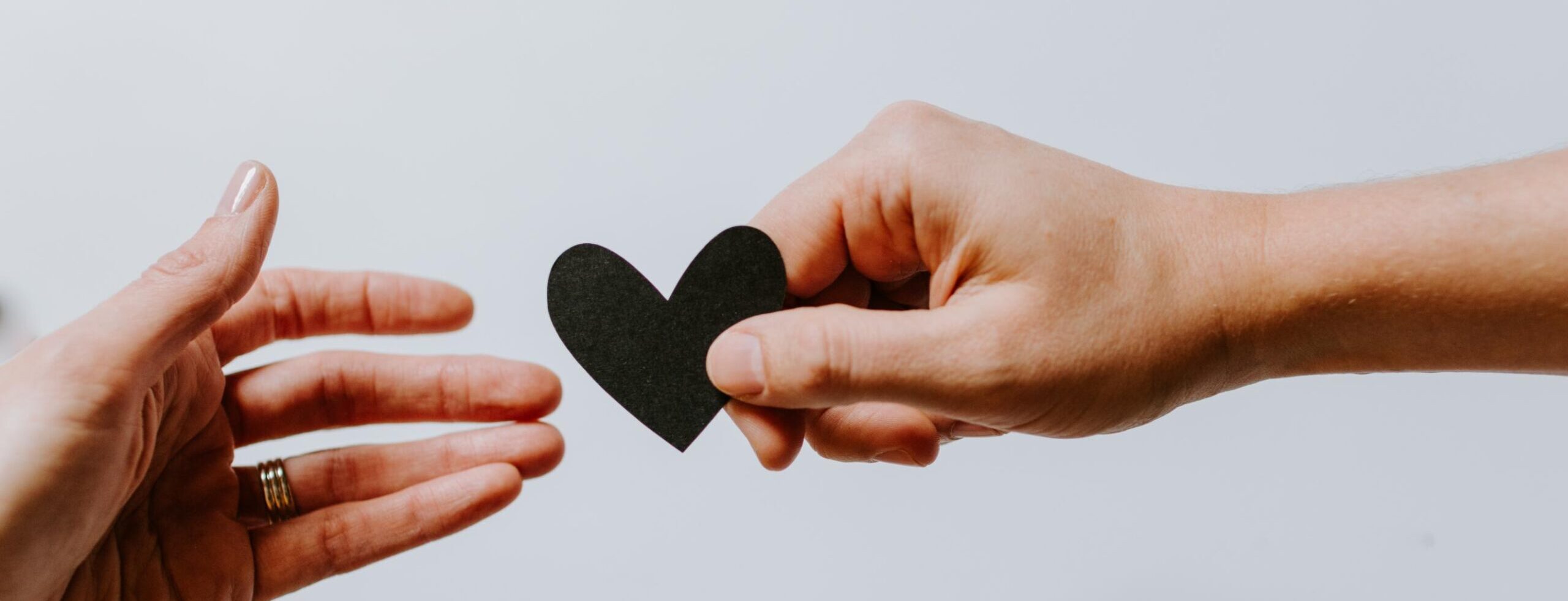
8 Things You Can Do Today to Boost Your Mental Health
Why Good Mental Health Is Important for Older Adults
Maintaining good mental health is essential at every stage of life, but particularly as we age. Having the right mindset can guide you to living your very best life—and there are various habits you can adopt to support your well-being.
Start with these 8 habits that can contribute to improved mental health in older adults:
- Regular Exercise:
Engaging in regular physical activity has been linked to better mental health. Exercise releases endorphins, which can help alleviate feelings of stress and anxiety.
Activities such as walking, swimming, or yoga can be beneficial and tailored to individual fitness levels. - Healthy Diet:
Eating a nutritious diet can have a positive impact on both physical and mental health. A balanced diet with plenty of fruits, vegetables, whole grains, and lean proteins provides essential nutrients that support brain function. - Adequate Sleep:
Quality sleep is crucial for cognitive function and emotional well-being. Establishing a regular sleep routine and creating a comfortable sleep environment can contribute to better sleep. - Social Engagement:
Maintaining social connections is vital for mental health. Engaging in regular social activities, whether it’s spending time with friends and family or joining community groups, can provide a sense of belonging and reduce feelings of loneliness. - Mindfulness and Meditation:
Practices like mindfulness and meditation can help older adults manage stress and improve their overall mental well-being. These techniques promote relaxation, focus, and a greater sense of awareness. - Continued Learning:
Keeping the mind active through lifelong learning can have positive effects on cognitive function. This can include reading, taking classes, learning a new skill, or engaging in activities that challenge the brain. - Hobbies and Leisure Activities:
Pursuing hobbies and activities that bring joy and fulfillment is important for mental health. Whether it’s gardening, painting, or playing music, having enjoyable pastimes can enhance overall well-being. - Regular Health Check-ups:
Physical health and mental health are interconnected. Regular check-ups with healthcare providers can help identify and address any potential physical health issues that may impact mental well-being.
It’s important to note that individual needs and circumstances vary, so these habits may need to be adapted to suit personal preferences and health conditions. Consulting with healthcare professionals can provide personalized advice and guidance. Additionally, mental health support from counselors or therapists can be beneficial for those facing specific challenges or emotional difficulties. If you are looking for additional support in the Greater Cleveland area, please reach out to our team for guidance.

